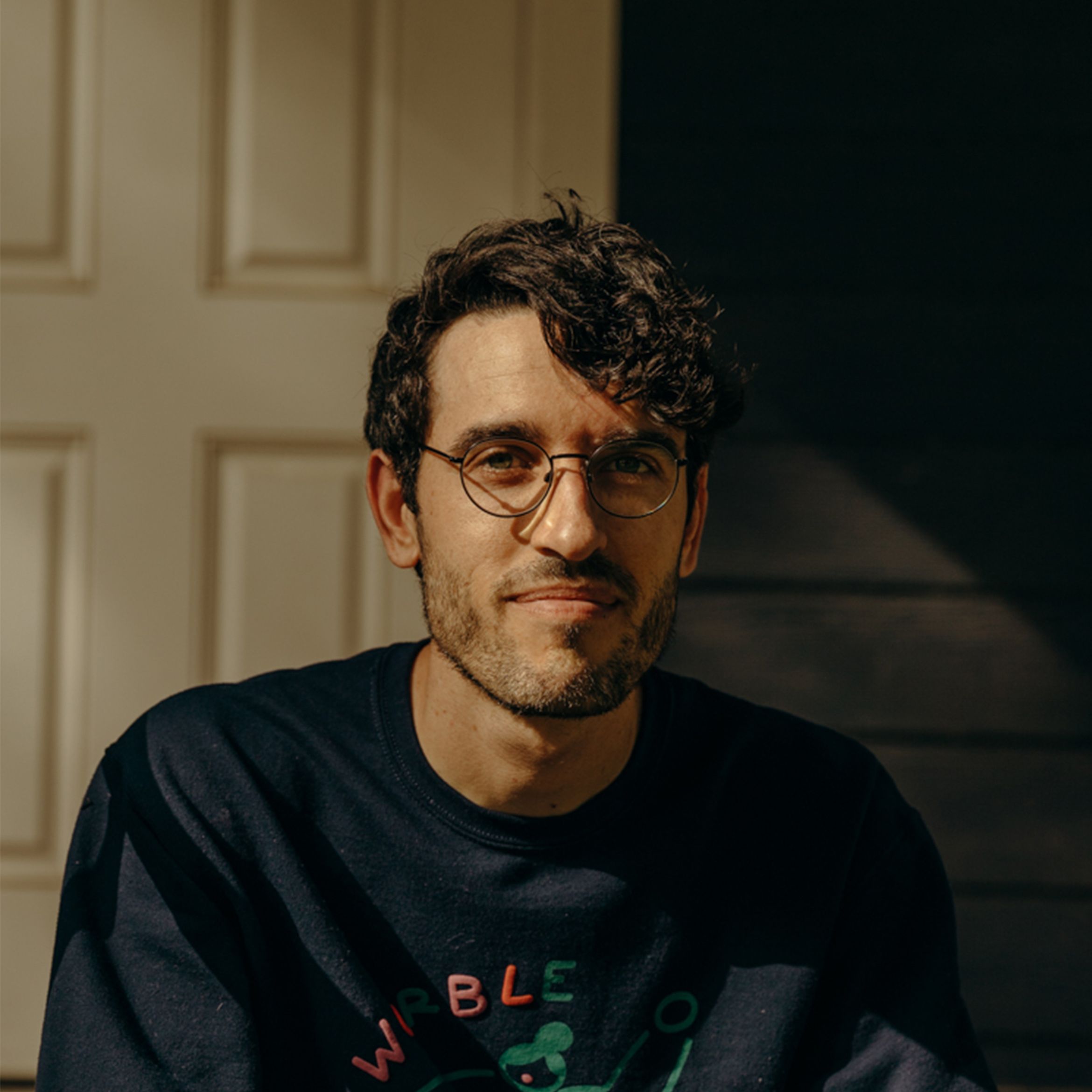
Tyler Hobbs & Avant Arte
New collaboration coming soon
“Art is most effective whenever it helps to create a bridge between the old and the new”
Bridging the gap between man-made and artificial
Tyler Hobbs creates digital artworks that are a mix of skill and chance. He codes scripts that generate a unique, digital artwork each time they run, creating hundreds of possibilities. What begins in his hand, the algorithm completes. A lot of the graphic and stylistic choices in Hobbs' work are coded. Repetitive, geometric shapes that are the product of 'loops' – sequences of repeated instructions. The clean lines reflect the technology's inability to be inexact. When he does create a softer, painterly line, he codes it out of hundreds of tiny marks. He also uses a pen plotter to create phys...
Bio
Tyler Hobbs was born in 1987 in Austin, Texas, where he currently lives and works.
At auction
Since hitting the blockchain in June 2021, Tyler Hobbs’ series Fidenza has made more than $177 million in secondary sales.
Did you know?
The success of Fidenza allowed Hobbs to donate to organisations that bring programming to diverse communities like the Processing Foundation, and Girls Who Code.

